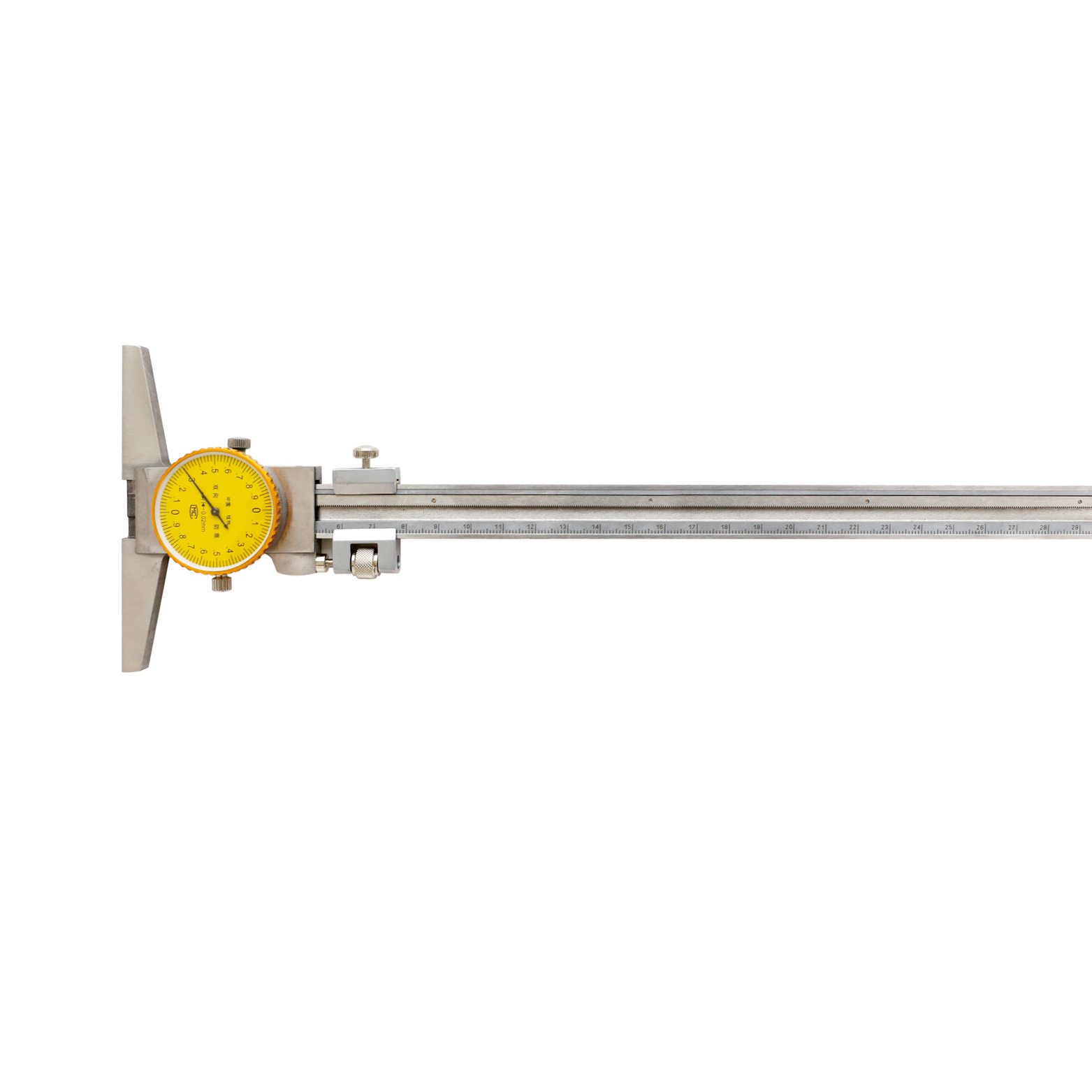die nut Supplier
Finding a reliable die nut supplier is crucial for any manufacturing or metalworking operation that requires precise threading tools. This guide explores the key factors to consider when selecting a supplier, the different types of die nuts available, and essential tips for maintaining their quality and longevity, ensuring you make the best choice for your specific needs.
Understanding Die Nuts and Their Applications
What is a Die Nut?
A die nut is a specialized threading tool used for cleaning up or repairing damaged threads on bolts, screws, and other threaded fasteners. Unlike taps, which create internal threads, die nuts are designed to re-form external threads. They are often made of hardened steel to withstand the stresses of thread repair.
Common Applications of Die Nuts
Die nuts find application in diverse sectors, including:
- Automotive repair: Restoring damaged threads on vehicle components.
- Manufacturing: Cleaning up threads after machining processes.
- Construction: Repairing damaged threads on bolts and screws used in building.
- Maintenance and repair operations (MRO): General thread repair in various industries.
Key Factors to Consider When Choosing a Die Nut Supplier
Quality and Materials
The quality of a die nut directly impacts its performance and lifespan. Opt for suppliers who use high-quality materials like high-speed steel (HSS) or alloy steel. Wayleading Tools, a leading supplier of threading tools, emphasizes the importance of material selection for optimal performance. Verify that the die nuts are properly hardened and tempered to ensure durability and resistance to wear.
Range of Products
A good die nut supplier should offer a comprehensive range of sizes and thread types to meet diverse needs. This includes metric, imperial, and specialized thread forms. Look for suppliers who can provide custom-made die nuts for unique applications.
Pricing and Value
While price is a consideration, prioritize value over the lowest cost. Consider the lifespan of the die nut, the accuracy of the threads it produces, and the supplier's reputation for quality. A slightly more expensive, high-quality die nut can often save money in the long run by reducing downtime and improving the quality of finished products.
Supplier Reputation and Reliability
Choose a die nut supplier with a proven track record of reliability and customer satisfaction. Check online reviews and testimonials to gauge the supplier's reputation. A reliable supplier should offer excellent customer service, timely delivery, and technical support.
Technical Support and Expertise
Opt for a die nut supplier who can provide technical support and guidance. This is especially important if you have specialized threading requirements or need help selecting the right die nut for a particular application. Wayleading Tools prides itself on offering comprehensive technical support to its customers, ensuring they get the most out of their threading tools.
Different Types of Die Nuts Available
Round Die Nuts
Round die nuts are the most common type and are used for general thread repair. They typically have a single adjustment screw to control the cutting depth.
Hexagon Die Nuts
Hexagon die nuts have a hexagonal shape, allowing them to be used with standard wrenches. They are often preferred for applications where space is limited.
Adjustable Die Nuts
Adjustable die nuts feature multiple adjustment screws, allowing for precise control over the cutting depth and thread size. These are ideal for repairing damaged threads with varying degrees of severity.
Maintaining Your Die Nuts for Longevity
Cleaning and Lubrication
Regularly clean your die nuts to remove debris and metal shavings. Use a wire brush and solvent to clean the threads thoroughly. Always lubricate the die nut before use to reduce friction and prolong its lifespan. A high-quality cutting oil is recommended.
Proper Storage
Store your die nuts in a dry, clean environment to prevent corrosion. Consider using a dedicated tool case or cabinet to protect them from damage.
Regular Inspection
Inspect your die nuts regularly for signs of wear and tear, such as chipped teeth or dull edges. Replace worn or damaged die nuts promptly to avoid damaging the threads on your workpieces. Wayleading Tools recommends regular inspection as part of a comprehensive maintenance program.
Where to Find a Reputable Die Nut Supplier
Several reputable suppliers offer high-quality die nuts. Consider the following options:
- Online retailers: Many online retailers specialize in threading tools and offer a wide selection of die nuts.
- Industrial supply companies: These companies typically carry a range of threading tools from various manufacturers.
- Direct manufacturers: Purchasing directly from a manufacturer like Wayleading Tools can often provide access to the best prices and technical support.
The Importance of Choosing the Right Die Nut
Selecting the correct die nut for the job is crucial for achieving accurate and reliable thread repairs. Consider the following factors when choosing a die nut:
- Thread size and type: Ensure the die nut matches the thread size and type of the workpiece.
- Material of the workpiece: Choose a die nut made of a material that is compatible with the workpiece material.
- Severity of the thread damage: Select an adjustable die nut for heavily damaged threads.
Troubleshooting Common Issues with Die Nuts
Stripped Threads
If the die nut is stripping the threads on the workpiece, it may be worn or damaged. Replace the die nut with a new one.
Cross-Threading
Cross-threading can occur if the die nut is not properly aligned with the threads on the workpiece. Ensure the die nut is perpendicular to the workpiece and apply even pressure.
Difficulty Turning
If the die nut is difficult to turn, it may be due to excessive friction. Apply more lubricant and ensure the threads are clean.
Data Comparison of Different Die Nut Materials
| Material | Hardness (HRC) | Tensile Strength (MPa) | Wear Resistance | Cost |
|---|---|---|---|---|
| Carbon Steel | 55-60 | 600-800 | Moderate | Low |
| Alloy Steel | 60-65 | 800-1000 | High | Moderate |
| High-Speed Steel (HSS) | 62-67 | 900-1200 | Very High | High |
Source: MatWeb (Material Property Data)
Conclusion
Choosing the right die nut supplier and maintaining your threading tools are essential for achieving accurate and reliable thread repairs. By considering the factors outlined in this guide, you can select a supplier who meets your specific needs and ensure the longevity of your die nuts, ultimately saving time and money. Remember to prioritize quality, reliability, and technical support when making your decision. Wayleading Tools is committed to providing high-quality threading solutions and exceptional customer service, making us a trusted partner for all your thread repair needs.
Related products
Related products
Best selling products
Best selling products-
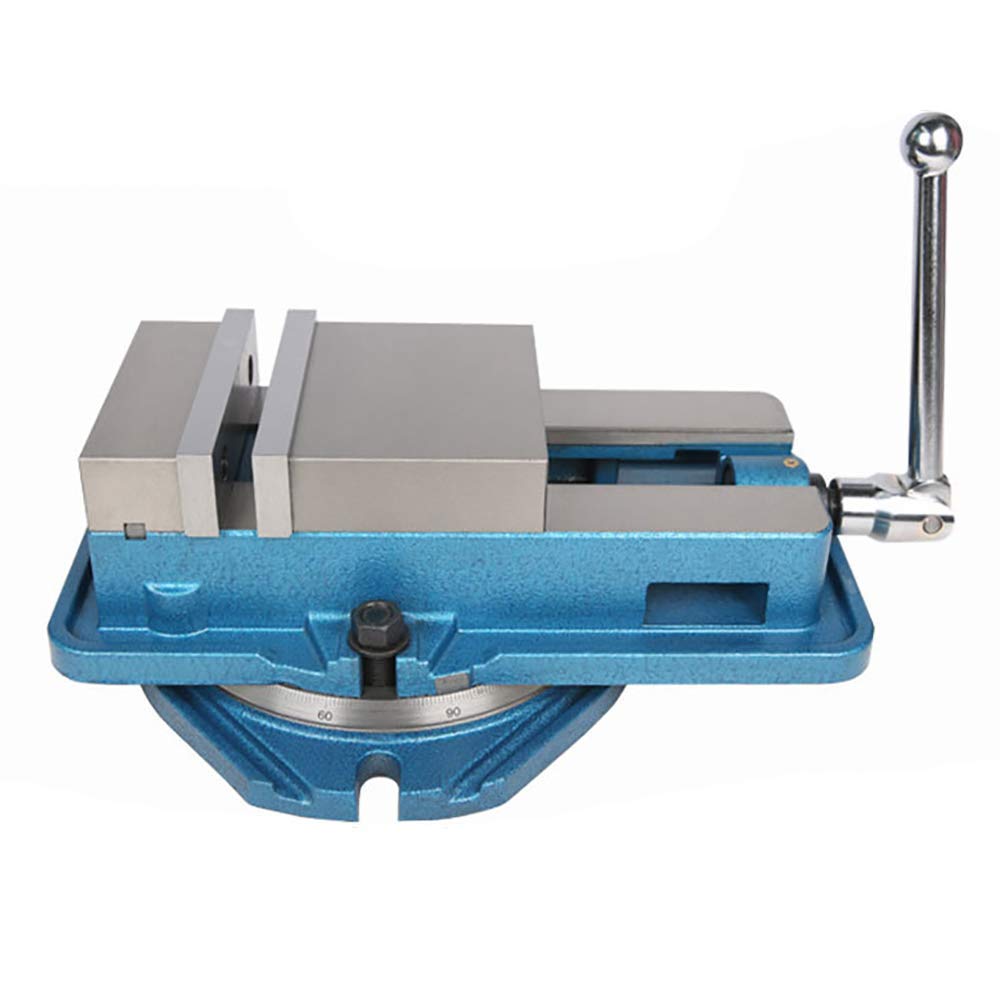 QM ACCU-Lock Precision Machine Vises With Swivel Base
QM ACCU-Lock Precision Machine Vises With Swivel Base -
 Dial Bore Guage From 6-450mm Range
Dial Bore Guage From 6-450mm Range -
 Partial profile 55° Threading Insert With ER & IR Type
Partial profile 55° Threading Insert With ER & IR Type -
 Precision Monoblock Fine-Adjustment Vernier Caliper Of Metric & Imperial For Industrial
Precision Monoblock Fine-Adjustment Vernier Caliper Of Metric & Imperial For Industrial -
 Precision 17pcs Angle Blocks Set With High Quality Type
Precision 17pcs Angle Blocks Set With High Quality Type -
 TCT Annular Cutters With Weldon Shank For Metal Cutting
TCT Annular Cutters With Weldon Shank For Metal Cutting -
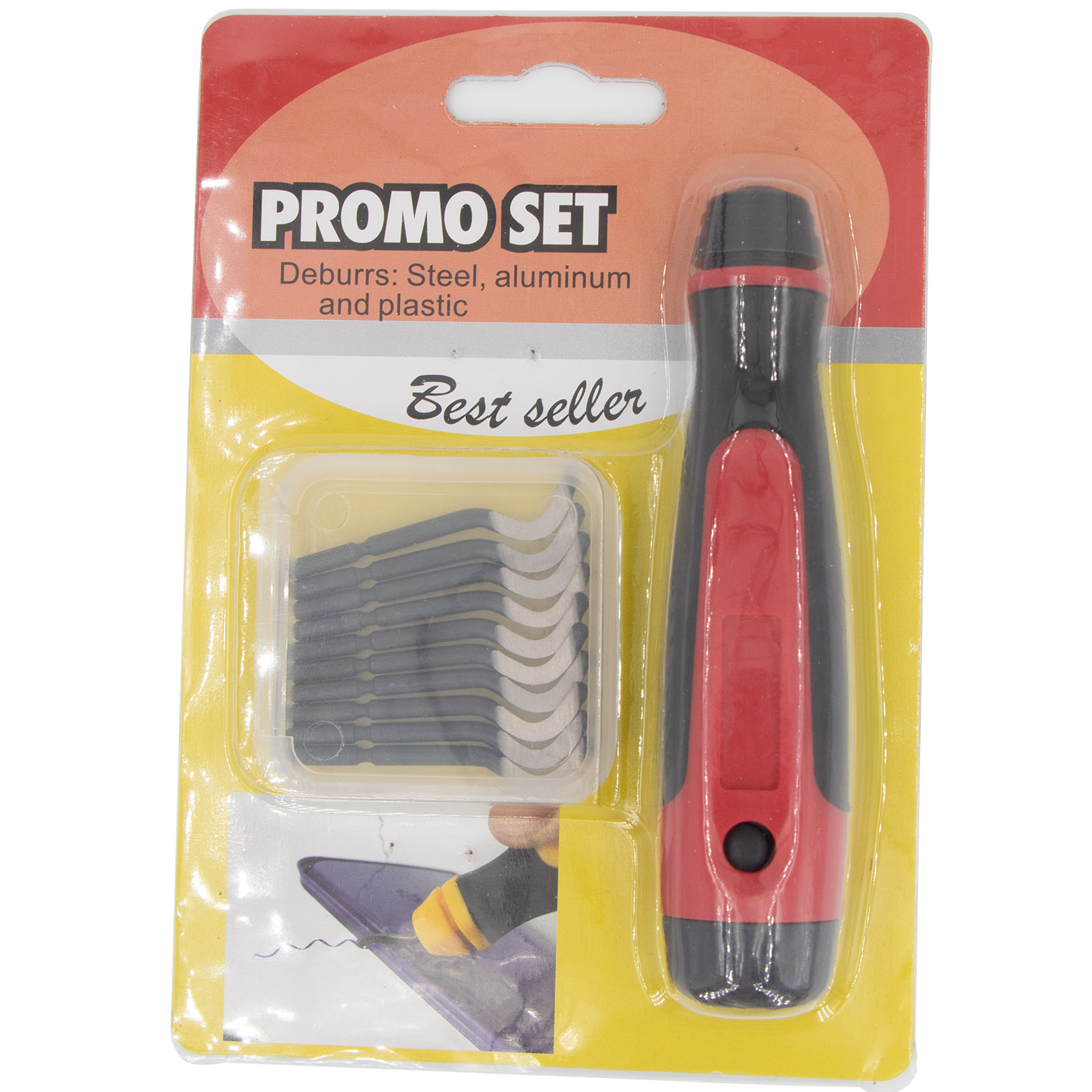 Type E Heavy Duty Deburring Tool Set With Deburring Holder And Deburring Blade
Type E Heavy Duty Deburring Tool Set With Deburring Holder And Deburring Blade -
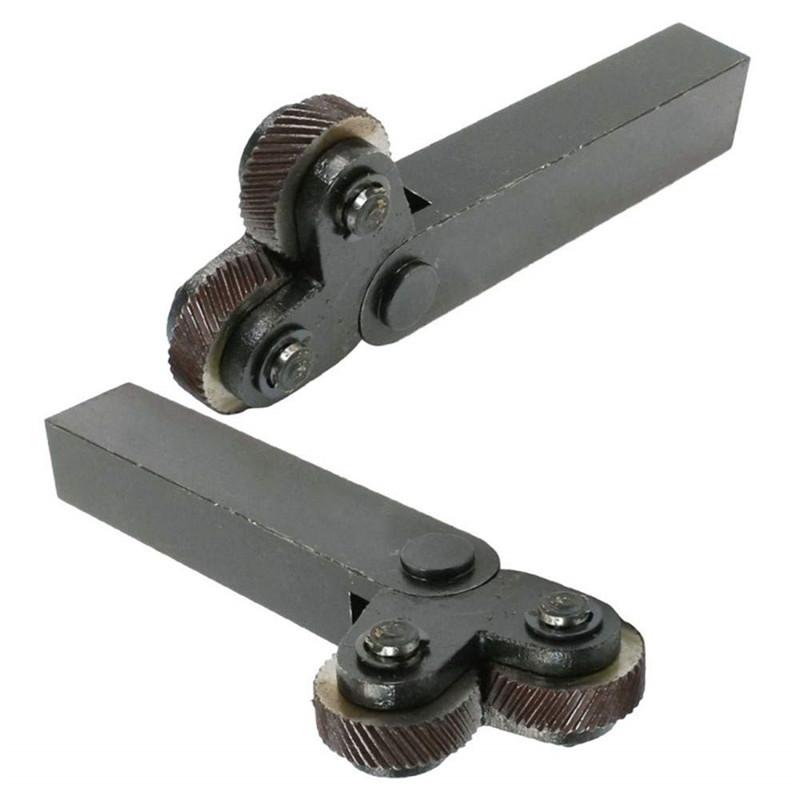 Dual Wheel Knurling Tools With Diamond Pattern For Industrial Type
Dual Wheel Knurling Tools With Diamond Pattern For Industrial Type -
 Precision V Block Set With M Type
Precision V Block Set With M Type -
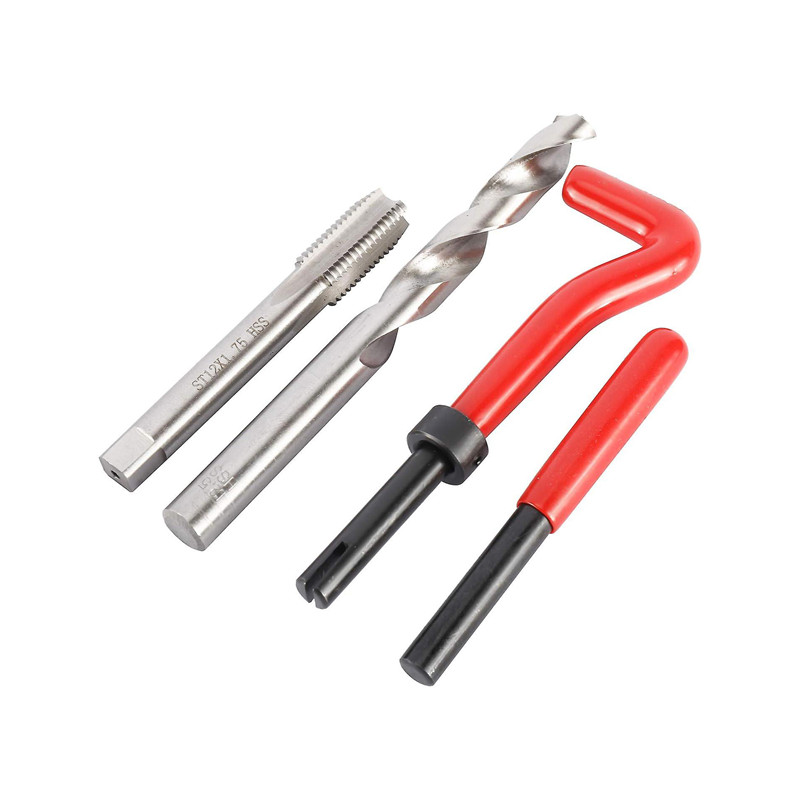 131PCS Thread Repair Set And Helicoil Type Thread Repair Set
131PCS Thread Repair Set And Helicoil Type Thread Repair Set -
 F1 Precision Boring Head With Metric & Inch
F1 Precision Boring Head With Metric & Inch -
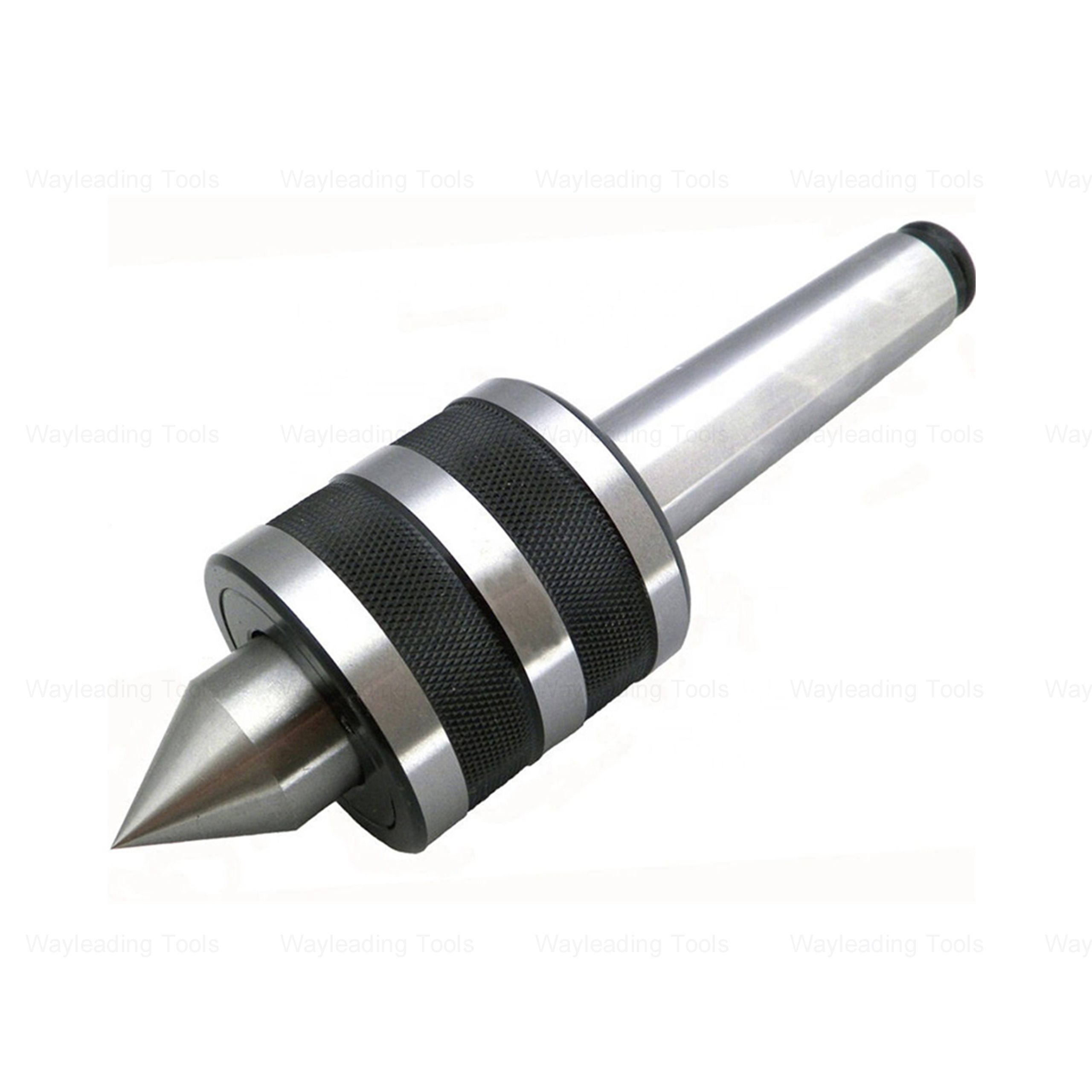 High Precision Medium-Duty Live Center – Hardened Tip, Morse Taper Shank
High Precision Medium-Duty Live Center – Hardened Tip, Morse Taper Shank
Related search
Related search- bench vice Manufacturer
- Wholesale carbide end mill cutter
- inside caliper Suppliers
- milling machine arbor Manufacturers
- Slotting Saw Factory
- A60 threading insert
- thread repair insert kit
- High-Quality Round Adjustable Split Die
- parting and grooving tool holder Suppliers
- iso metric full profile threading insert








